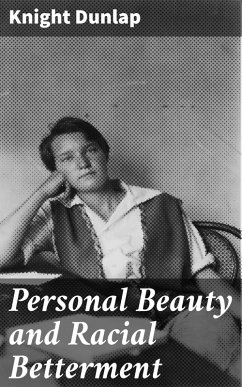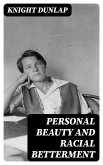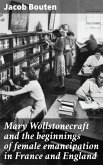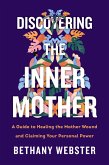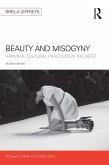In "Personal Beauty and Racial Betterment," Knight Dunlap intricately navigates the intersections of aesthetics, psychology, and social progress, positing beauty as a catalyst for racial upliftment and societal advancement. The book employs a blend of empirical research and philosophical discourse, reflecting the early 20th-century zeitgeist that sought to reconcile the evolving notions of beauty with the prevailing racial ideologies. Dunlap'Äôs eloquent prose intertwines scientific inquiry with moral imperatives, urging a reconsideration of beauty standards as a means to foster equality and societal harmony, in a time rife with racial tensions and discrimination. Knight Dunlap, a prominent psychologist and educator, was deeply influenced by the societal issues of his time, particularly concerning race relations and the potential for psychological improvement. His academic pursuits at esteemed institutions, combined with his exposure to the burgeoning field of eugenics, informed his belief that personal beauty could transcend racial divides, ultimately leading to improved social conditions. Dunlap'Äôs multifaceted background, steeped in both psychology and cultural critique, provides a rich foundation for the arguments presented in this thought-provoking work. I highly recommend "Personal Beauty and Racial Betterment" to those interested in the complex dynamics of race, beauty, and psychology. Dunlap'Äôs pioneering insights not only challenge conventional norms but also invite readers to contemplate the broader implications of beauty standards in fostering inclusivity and understanding within society. This book is essential for scholars, students, and anyone keen on exploring the deeper dimensions of aesthetics within social discourse.
Dieser Download kann aus rechtlichen Gründen nur mit Rechnungsadresse in A, B, BG, CY, CZ, D, DK, EW, FIN, F, GR, H, IRL, I, LT, L, LR, M, NL, PL, P, R, S, SLO, SK ausgeliefert werden.

